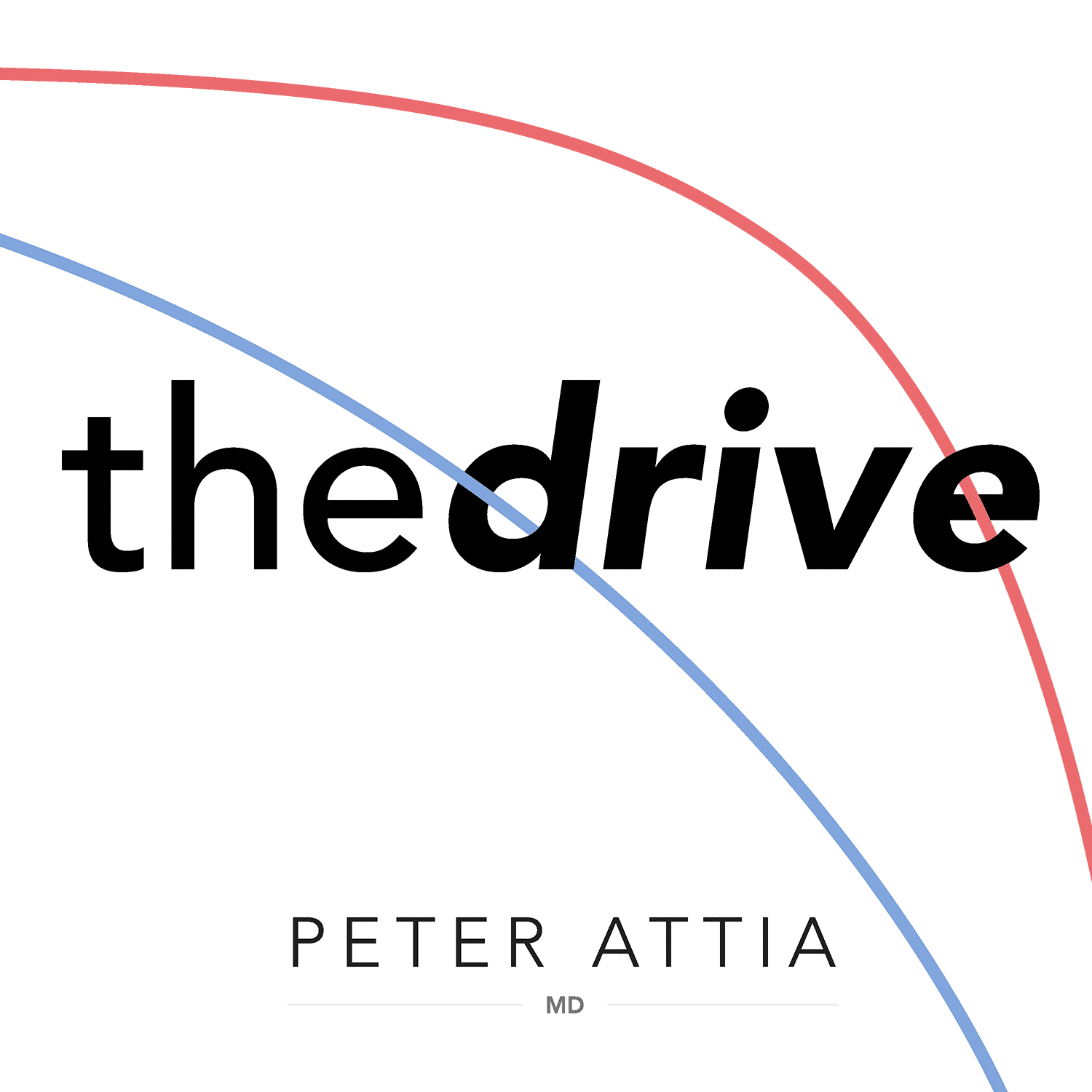We can't find the internet
Attempting to reconnect
Something went wrong!
Hang in there while we get back on track
#250 ‒ Training principles for longevity | Andy Galpin, Ph.D. (PART II)

Access AI content by logging in
View the Show Notes Page for This Episode
Become a Member to Receive Exclusive Content
Sign Up to Receive Peter’s Weekly Newsletter
Andy Galpin is a Professor of Kinesiology at California State University at Fullerton, where he studies muscle adaptation and applies his research to work with professional athletes. In this episode, Andy returns to the podcast and continues the conversation about training for longevity. He examines the training practices of powerlifters, Olympic weightlifters, Strongmen/women, CrossFit athletes, and sprinters in order to extract insights that can be applied to the individual wanting to optimize for longevity. Andy goes into detail about exercise load and repetition, training volume, the importance of learning proper movement patterns, the advantage of working to technical failure instead of the number of reps, and much more. Andy ties the discussion together by providing a hypothetical training plan for an individual wanting to optimize for longevity and offers advice for avoiding injury.
We discuss:
- Review of the function and organization of skeletal muscle [3:15];
- Review of muscle fiber types [9:30];
- Hypertrophy: changes in muscle fibers and the underlying mechanisms that make a muscle grow [19:30];
- Defining sarcoplasmic hypertrophy and how it relates to the number of reps in a set [30:15];
- Training for maximum strength: what we can learn from powerlifters and a hypothetical training plan [32:45];
- Ideal reps, volume, and load for the powerlifter [44:45];
- What should powerlifters do on their off days? [56:45];
- Are there consequences of powerlifting on long-term health? [1:02:00];
- Defining Olympic weightlifting: a test of power [1:04:30];
- Training principles of Olympic weightlifting [1:07:45];
- Tracking power output when training [1:17:15];
- Frequency of training for Olympic weightlifting [1:22:15];
- How post-activation potentiation (and the opposite) can improve power training and speed training [1:24:30];
- The Strongman competition: more breadth of movement, strength, and stamina [1:32:00];
- Training principles of Strongmen and advice for someone new to the Strongman competition [1:36:45];
- CrossFit: a combination of weightlifting movements, endurance, and circuit training [1:50:15];
- Learning from elite athletes, heart rate recovery, V02 max, and other metrics [1:58:45];
- Optimizing towards being a well-rounded athlete as opposed to a specialist [2:09:45];
- What we can learn from the sprinters about speed, acceleration, peak velocity, and technique [2:17:45];
- A training plan for the “centenarian athlete” [2:24:30];
- Debunking some training and exercise myths [2:33:00];
- The “do nots” of training and tips for avoiding injury [2:34:15]; and
- More.
Connect With Peter on Twitter, Instagram, Facebook and YouTube